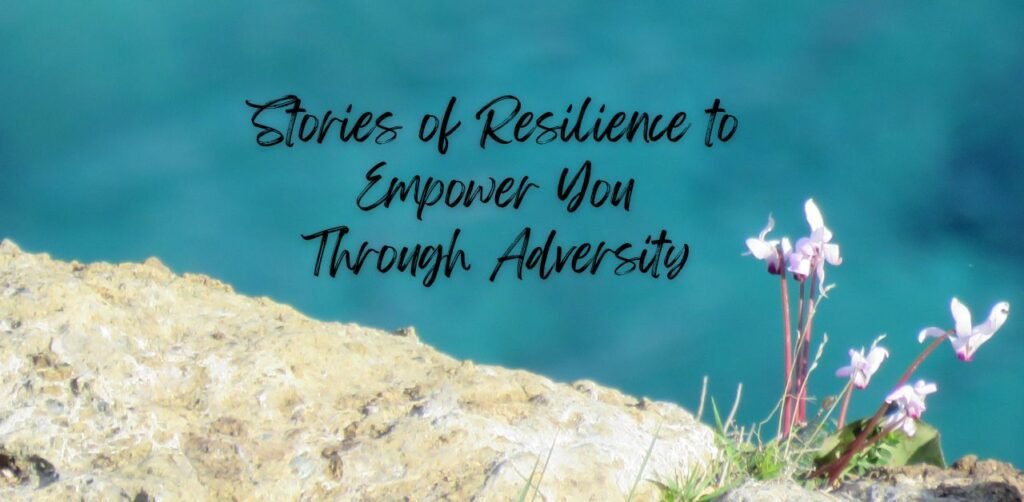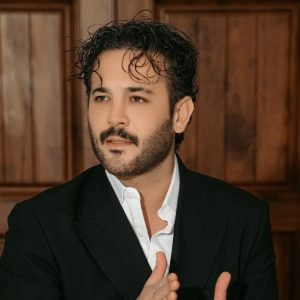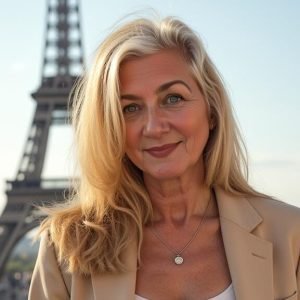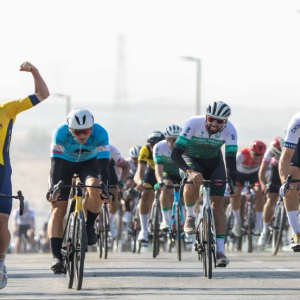In a nation known for its architectural wonders and futuristic vision, some of the most inspiring stories are unfolding away from the spotlight—within communities of people who are not just living with disabilities but are reshaping society’s understanding of them. Across the UAE, individuals from all walks of life are defying odds, challenging perceptions, and inspiring action through their everyday resilience.
These are not tales of tragedy. They are stories of transformation, community, and human potential.
Breaking the Silence
For many years, disability in the region was met with silence, stigma, or well-meaning but misinformed sympathy. But today, a powerful shift is underway. People of determination, as they are respectfully known in the UAE, are reclaiming their narratives. And in doing so, they are not only transforming their own lives but are also influencing how communities, institutions, and policymakers approach inclusion.

At the forefront of this shift is Amna Al Qubaisi, a 29-year-old Emirati woman born with a rare spinal condition that has required her to use a wheelchair since childhood. Rather than viewing her condition as a limitation, Amna sees it as a source of strength. A self-taught UX designer, she is now working with tech firms to create digital experiences that are accessible to everyone.
“Disability doesn’t mean disconnection,” she says. “It just means a different way of engaging with the world.”

Her mission to make technology more inclusive has caught the attention of designers and entrepreneurs alike. She conducts workshops, speaks at conferences, and collaborates on design projects that prioritize accessibility from the ground up. For Amna, inclusion isn’t just a checkbox—it’s a mindset.
Power Through Play
When 24-year-old Yusuf Hamdan first rolled onto the basketball court in Sharjah, he felt nervous and unsure. Born with a congenital limb difference, Yusuf had grown up avoiding sports out of fear of being judged. But everything changed the day he attended a community open day for adaptive sports.
“The first time I heard the ball hit the floor, something lit up inside me,” he recalls. “I realized I wasn’t alone. And more importantly, I realized I was capable.”
Today, Yusuf is a proud member of the UAE national wheelchair basketball team. He trains rigorously, competes internationally, and mentors younger players with disabilities. He believes sport is more than physical activity—it’s a statement of identity and inclusion.

“Being on this team isn’t just about winning games,” he says. “It’s about showing up, being seen, and knowing you matter.”
Yusuf’s journey has inspired other youth in the community to explore adaptive sports, while also encouraging coaches and sports clubs to think more inclusively about who gets to play and how.
Fashion That Speaks for Everyone
Fashion has long been a space defined by aesthetics, trends, and exclusivity. But Noor Khan, a 32-year-old designer based in Abu Dhabi, is changing that narrative. Motivated by her younger brother’s daily struggles to dress independently due to muscular dystrophy, Noor launched an adaptive clothing line designed for comfort, dignity, and style.
“Watching him struggle with buttons and zippers made me realize that fashion had left a huge part of the population behind,” she says.
Her brand, Limitless, features clothing with magnetic closures, stretchable materials, and stylish cuts tailored for wheelchair users and individuals with limited mobility. What started as a side project in her living room has grown into a full-fledged fashion movement.
Noor regularly hosts inclusive runway shows, inviting models with varying abilities to walk the ramp. Her message is loud and clear: disability is not the absence of beauty or expression—it’s another form of it.
“We all want to be seen, heard, and celebrated. Fashion should help make that happen,” she says.
The Inclusive Classroom
Ten-year-old Hana’s story begins in a mainstream school in Ras Al Khaimah. Born with cerebral palsy, her early schooling was punctuated by challenges—both physical and social. But with the help of a forward-thinking school administration, specially trained teachers, and classmates who embraced difference, Hana’s experience blossomed.
“She’s curious, tech-savvy, and loves science,” says her mother proudly. “Her disability didn’t limit her learning—it changed the way she learned.”
The school adapted lessons, provided assistive tools, and invested in professional development for teachers. More importantly, it created a culture of acceptance where differences were not hidden but honored.
Today, Hana is thriving academically and socially. Her story has encouraged other schools in the region to re-evaluate their inclusion strategies, recognizing that education systems must evolve to reflect the diversity of the students they serve.
“We didn’t just want her to attend school,” her mother adds. “We wanted her to belong there.”
Innovation Born from Necessity
Tariq Saleh, a 35-year-old developer living in Fujairah, lost his vision due to a degenerative eye condition in his early twenties. What initially felt like a devastating blow eventually led him down a path of invention. Frustrated by the limited options for mobility and navigation available to the visually impaired, Tariq began developing an app to solve the problem.
What emerged was SoundStep—a mobile application designed to help blind and low-vision individuals navigate public spaces using audio cues and real-time mapping.
“I built it out of frustration, yes,” he says, “but also out of a deep desire to contribute.”
Today, SoundStep is being tested in shopping malls and government buildings. Tariq has become a sought-after speaker in tech circles, advocating for universal design principles and inclusive coding practices.
“I realized that what the world saw as my weakness was actually my insight,” he says. “No one understands the problem better than someone living it.”
His story underscores a broader truth—that innovation is often sparked not in labs, but in living rooms, street corners, and everyday frustrations that demand solutions.
Family, Faith, and Community
Disability in the UAE is also deeply intertwined with themes of family, faith, and cultural identity. Many residents speak of the pivotal role played by their families in helping them navigate both the challenges and triumphs of their journeys.
For Layla Ahmed, a 40-year-old mother of two who uses a prosthetic leg, faith played a central role in her recovery after a car accident. “My belief gave me the strength to rise again,” she says. “And my family gave me the reason.”
Layla now volunteers at community centers, mentoring young girls and speaking about the importance of mental strength and spiritual resilience. She encourages people not to hide their disabilities but to see them as part of their unique story.
“There is power in visibility,” she says. “And healing in helping others.”
The Way Forward
The UAE’s commitment to becoming one of the most inclusive nations by 2030 is evident in its infrastructure, policy reforms, and public awareness campaigns. But real inclusion cannot be legislated alone—it must be lived, felt, and constantly nurtured.
This is where the stories of people like Amna, Yusuf, Noor, Hana, Tariq, and Layla become so important. They remind us that disability is not a deficit—it’s a different way of moving through the world. And when society listens, adapts, and embraces these differences, everyone benefits.
Inclusion is not just about ramps and Braille signs. It’s about creating a culture where every individual, regardless of ability, has the opportunity to thrive, contribute, and belong.
Resilience Redefined
The UAE’s people of determination are not simply survivors—they are creators, leaders, innovators, and changemakers. They are building new worlds where access is universal, empathy is standard, and dignity is non-negotiable.
Their lives teach us that resilience is not just about enduring hardship. It’s about transforming it into fuel for something greater.
As the UAE continues to evolve and welcome voices from all corners of society, these residents are lighting the path forward—not just for those with disabilities, but for all of us.
They are not just unbreakable.
They are unstoppable.
Read More: Stories of Resilience: Meet the UAE Residents Redefining Disability














